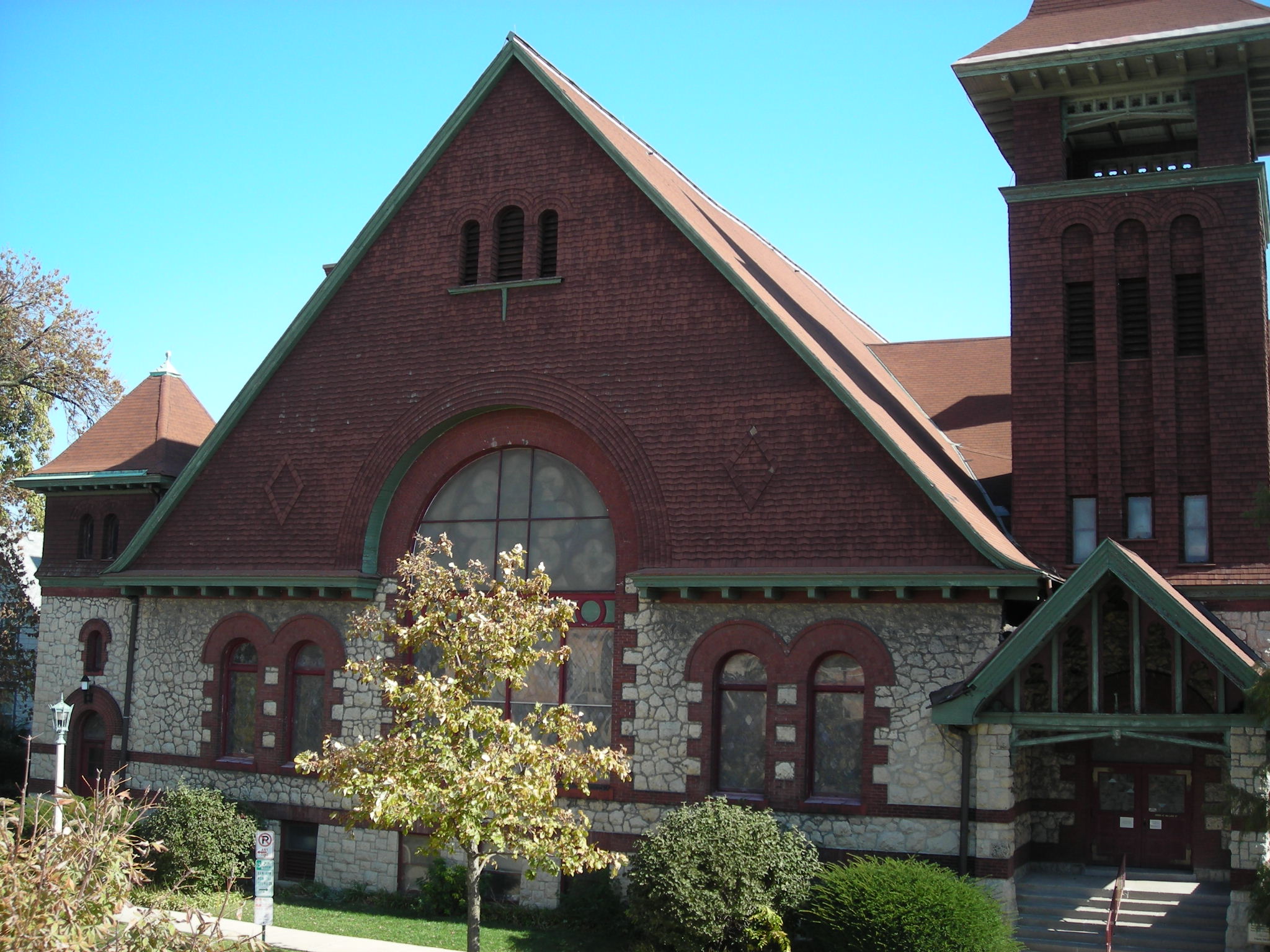
Praying the Psalms
Many people respond to scripture in confrontational ways. Either they proof-text its content, citing chapter-and-verse “evidence” to prove they’re right. Or they come to the texts ready to fight. (Often folks in the latter group have spent a lot of time with the first group.) To be fair, scripture has plenty of confrontational material—enough to please both sides. But confrontation leads to negative ways of being: pride, fear, delusion, bullying, and so on, all of which the Bible guides us away from.
Instead, scripture calls us into meaningful engagement, opening new doors to divine understanding. Gaelic Christians called these experiences “liminal” or “thin places” where we straddle the literal and ephemeral. Such close encounters are illuminating and welcoming, if occasionally mystifying and even unnerving.
It’s in the thin places that our prayers resound most forcefully because they come directly from us and flow directly to God without a lot of logical and material interference. In classic Christian parlance, this is intercessory prayer, where we bridge the gap between known and unknown, praying for people we’ve never met or things we may never fully know. These thin places are extraordinarily creative spaces where we tell God all about it, even if we’re not altogether sure what “all” of it is.
The Psalms teach us to pray in this manner, because they instruct us in the power of metaphor. Bono, U2’s lead singer, says, “God can only be approached through metaphor—and that’s art.” So the Psalms teach us to pray artfully, pushing our imaginations and vocabularies to say what can’t be articulated, to describe what can’t be explained.
Classic example: The psalmists call God a “rock,” knowing God is not a rock. Yet the metaphor says much about a God who is reliable and solid and steadfast, a summit to climb atop when trouble engulfs us, a foundation to build on when everything else fails. Calling God a rock brings God into sharper focus. It expresses a way knowing God that defies precise language. Now we’re in a thin place, where the literal falls away and the material becomes meaningless. God is a rock because God is so much more than a rock.
To pray the Psalms, then, is to discover how to pray like a psalmist. We turn prayer into a creative act where imagination is a blessing and freedom prevails. Scripture calls us into close encounter rather than polarizing confrontation. The psalmists provide words until we can summon our own. We follow them into their thin places in search of ways into thin places for ourselves.

Join us this Thursday at 7:30 CDT as we wrap our series, “Praying the Psalms.”
You can access the study group here: https://us02web.zoom.us/j/564427274?pwd=WnhETHQ2Rzltc1A2SXFmTnU0ODkwUT09
Meeting ID: 564 427 274
Password: 318652
You can also phone in at 1-312-626-6799, using the same meeting ID and password.
We need your help!
As we think about the future of Gather, please let us know what gifts you bring and would like to share with the community. There are many roles that have to come together to make Gather happen every week. This includes setup, technical support, worship, managing handouts and information, coordinating drinks, and teardown. We need your help. Please let us know what type of service you’d be interested in!
Watch God Work,
Tim & Shea
As we prepare to become a vibrant worshipping community, we invite you to enjoy a Spotify playlist that captures the kind of worship we hope to embrace. Give it a spin while you’re driving. Make it your workout jam. Add it to your devotional time. Most of all, feel yourself becoming part of a sacred village of believers who love their God and one another!
Check out the Gather Worship Playlist here.

